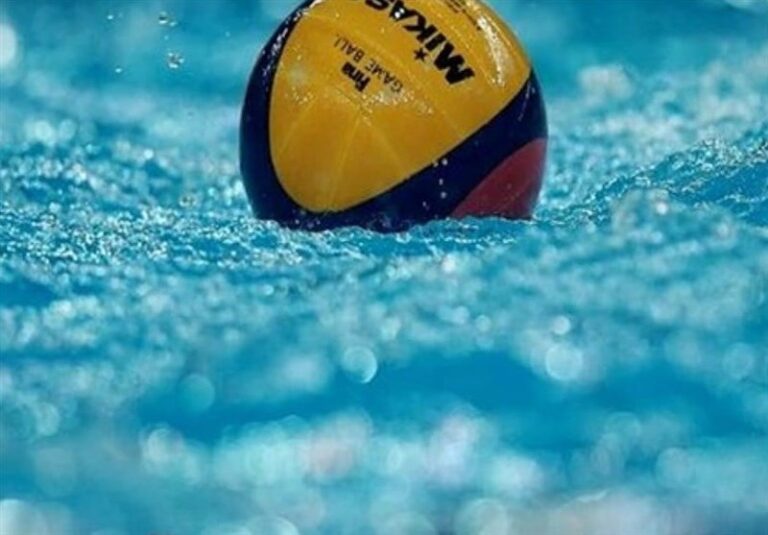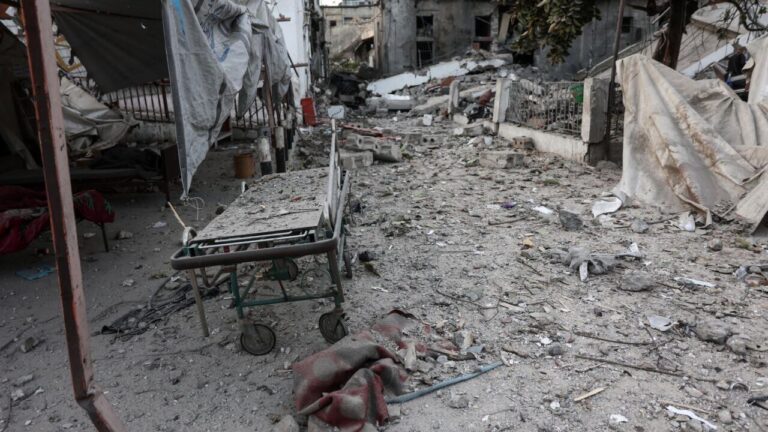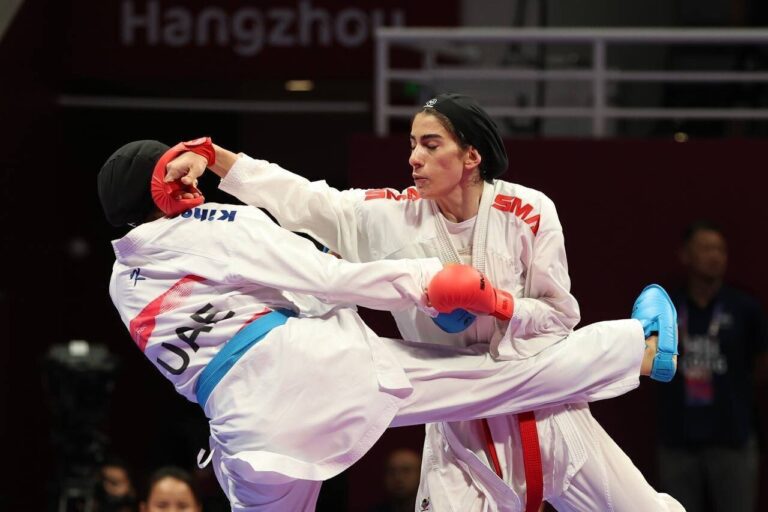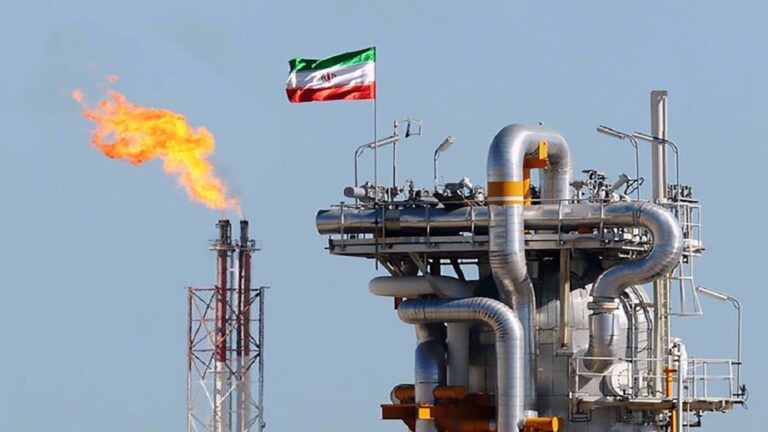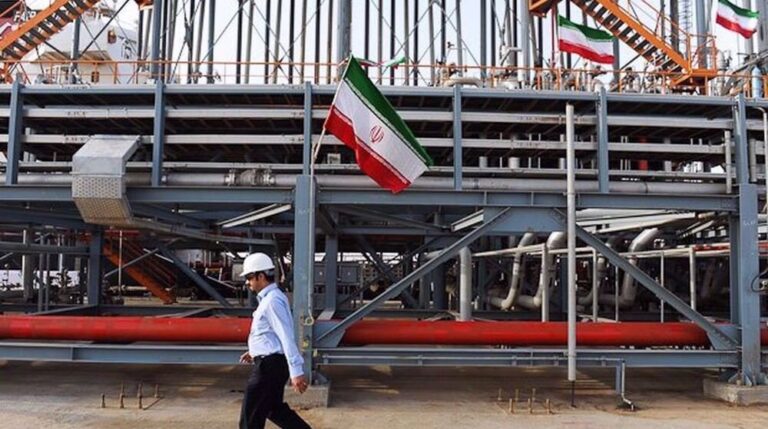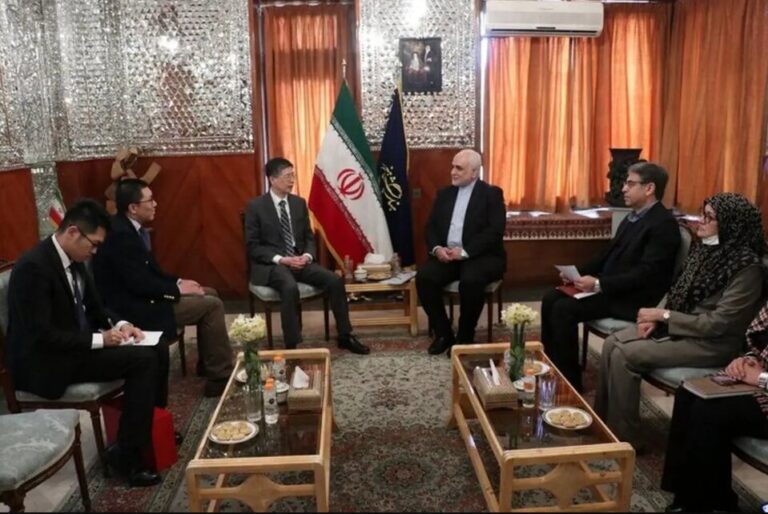Iran’s Foreign Minister Unveils New Paradigm Shaping the Future of the Persian Gulf
In a significant address at the 8th Conference on the History of Iran’s Foreign Policy held in Tehran, Iranian Foreign Minister Abbas Araghchi emphasized the nation’s commitment to enhancing security in the Persian Gulf through the mobilization of local forces. This approach underscores Iran’s strategic vision for ensuring safety and stability in one of the world’s most vital waterways.
During his keynote speech, Araghchi articulated Iran’s unique role in maintaining security in the Persian Gulf, highlighting its historical importance and the ongoing external influences affecting the region. He stated, “The Persian Gulf has been one of the most important waterways and civilizational regions of the world throughout history and has thus both acquired strategic importance and attracted much foreign interference.”
Araghchi elaborated on the significance of the Persian Gulf, noting its central role in global trade and regional connectivity. He emphasized the Islamic Republic’s ongoing efforts to foster a climate of sustainable stability and security in the area, which he believes is essential for the uninterrupted flow of shipping and commerce. He remarked, “With an understanding of the Persian Gulf’s strategic significance and the destructive role of alien forces, the Islamic Republic has pursued the objective of providing sustainable stability and security in the waterway enabling freedom of shipping under its defense doctrine.”
Despite Iran’s diplomatic efforts, Araghchi expressed concern regarding the actions of certain extra-regional powers. He stated, “In spite of Tehran’s principled policies, certain extra-regional powers have been attempting to keep the Persian Gulf a flashpoint of crises and conflict in order to meet their illegitimate interests.” This statement reflects Iran’s perspective on the geopolitical tensions that have long characterized the region.
Araghchi criticized these external forces for their attempts to militarize the Persian Gulf, stating that they have contributed to a cycle of conflict by selling billions of dollars’ worth of weaponry. He pointed out that such actions not only destabilize the region but also impede the potential for peaceful coexistence among nations surrounding the Gulf.
To further illustrate his points, Araghchi outlined the broader implications of these foreign interventions:
- Militarization of the Gulf: The influx of weapons creates an atmosphere of tension and distrust among regional players.
- Exclusionary Policies: Efforts to isolate Iran from regional discussions and agreements undermine collaborative security initiatives.
- Economic Warfare: Ongoing sanctions and economic pressures aimed at Iran hinder the nation’s ability to engage constructively in regional diplomacy.
In light of these challenges, Araghchi believes that the overarching strategy of marginalizing Iran in regional matters has not only failed but has also paved the way for a new era of cooperation in the Persian Gulf. He expressed optimism about the future, stating, “Happily, we are witnessing a new paradigm taking shape that could herald an era of flourishing inclusive relations.”
This hopeful vision suggests a shift in the dynamics of the Persian Gulf, where diplomacy and collaboration may replace conflict and division. Araghchi’s remarks resonate with the ongoing efforts by Iran to foster dialogue and partnership among Gulf nations, highlighting the importance of collective security frameworks.
In conclusion, the Iranian government remains steadfast in its commitment to safeguarding the Persian Gulf while advocating for regional cooperation. As Araghchi articulated, the potential for a peaceful and prosperous future hinges on the ability of regional actors to work together, free from the influences of external powers. The coming years may indeed witness a transformative shift in relations within the Gulf, driven by the principles of mutual respect and shared interests.

